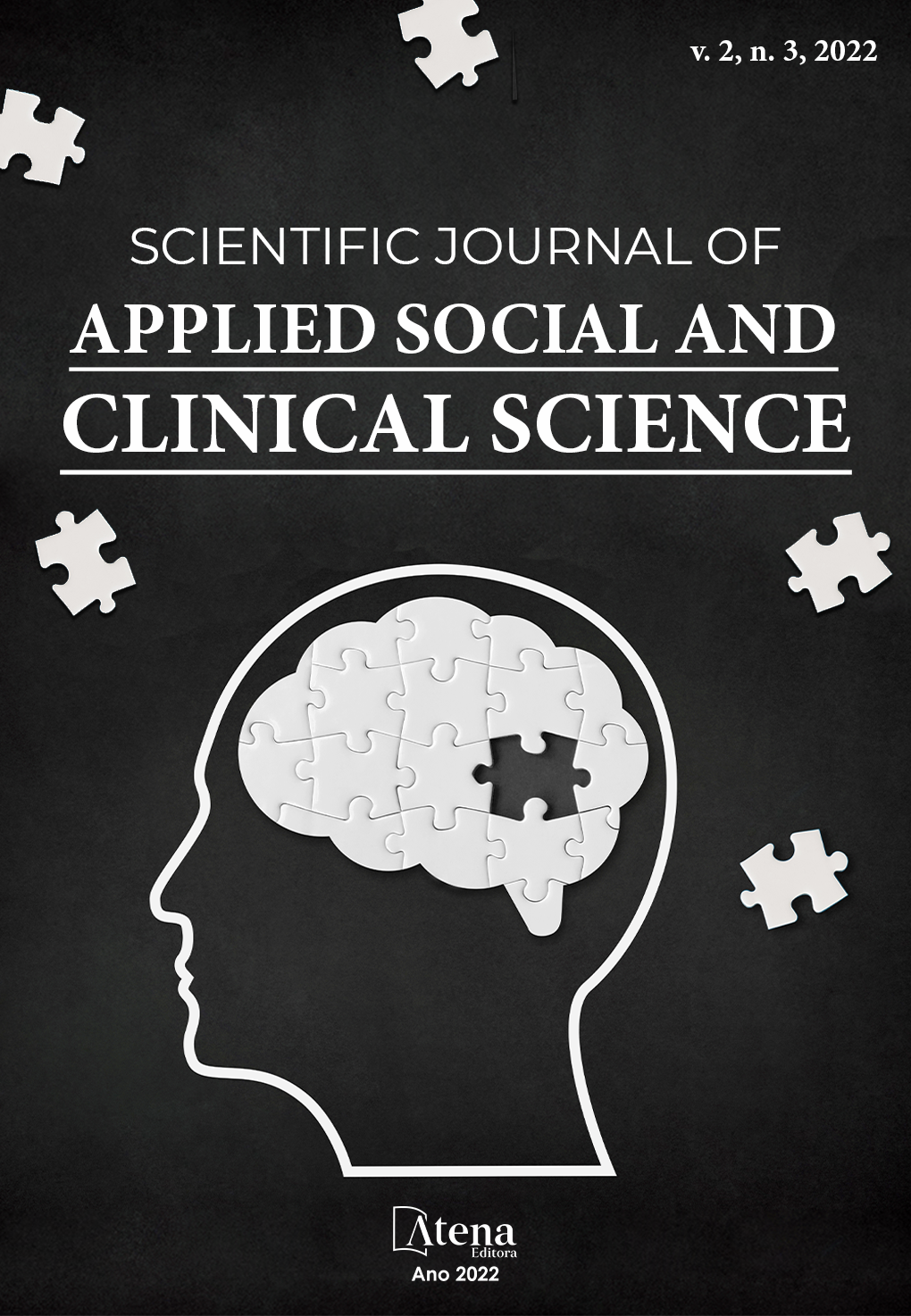
Urban Resilience in the face of the ‘disaster’ of Mariana-MG, Brazil
The article proposes a reflection on the term “urban resilience” facing its already worn usage, as well as on the limits of its application in situations of catastrophic human occupations. The unpredictability of some natural and human events alongside with a strong repercussion on communities represent a sort of gap in the possibility of a technical analysis of the land. The notion of resilience, as in “sustainability”, seems weakened in relation to what is needed to build meaning to both urbanism and to develop actions of reversibility. Some highlights of the international experience are mentioned, which are then compared to the collapse of SAMARCO ́s Dam in the city of Mariana (Brasil) in 2015. This comparison takes place through analysis of both the Environmental Impact Assessment (EIA) and the Transaction Agreement and Conduct Adjustment (TACA)[1] which guide the ongoing measures in order to recover and compensate the affected communities
Urban Resilience in the face of the ‘disaster’ of Mariana-MG, Brazil
-
DOI: 10.22533/at.ed.216222304021
-
Palavras-chave: Urban Resilience, Urban Planning, Mining territory
-
Keywords: Urban Resilience, Urban Planning, Mining territory
-
Abstract:
The article proposes a reflection on the term “urban resilience” facing its already worn usage, as well as on the limits of its application in situations of catastrophic human occupations. The unpredictability of some natural and human events alongside with a strong repercussion on communities represent a sort of gap in the possibility of a technical analysis of the land. The notion of resilience, as in “sustainability”, seems weakened in relation to what is needed to build meaning to both urbanism and to develop actions of reversibility. Some highlights of the international experience are mentioned, which are then compared to the collapse of SAMARCO ́s Dam in the city of Mariana (Brasil) in 2015. This comparison takes place through analysis of both the Environmental Impact Assessment (EIA) and the Transaction Agreement and Conduct Adjustment (TACA)[1] which guide the ongoing measures in order to recover and compensate the affected communities
[1] TTAC (Termo transitório de Ajustamento de Conduta), from the original language (Portuguese), refers to a legal document for the adjustment of environmental conduct. -
Número de páginas: 10
- José Guilherme Schutzer
- Paulo Olivato


